Bulletin News
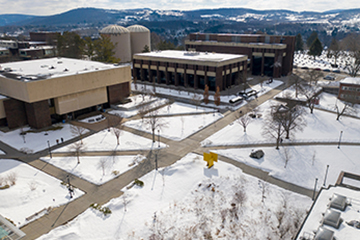
11/23/2021
SUNY Cortland continued a celebration of non-traditional students in the month of November with social media highlights of faculty and staff members who once were non-traditional students themselves.
The university defines non-traditional students as undergraduate students who are 24 years of age or older or, regardless of age, have dependent children, work full-time, have military experience or have made a break in education at some point after high school.
In addition to profiles of current students and activities for Non-Traditional Students Week from Nov. 15 to Nov. 19, the university shared the following advice from faculty and staff members.
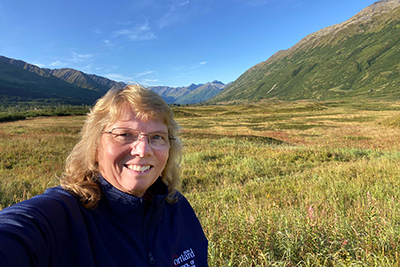
Chris Widdall ’00
Assistant Dean for Assessment and Accreditation
Associate Professor, Childhood/Early Childhood Education
Undergraduate degree: Health Education
Advice for non-traditional students: “Make time for yourself. You will have many responsibilities, but the most important responsibility is to keep yourself well. My escape has always been the solitude of nature even if it is just for a moment. It brings it all back into focus so I can prioritize. Find your place to take care of you.”
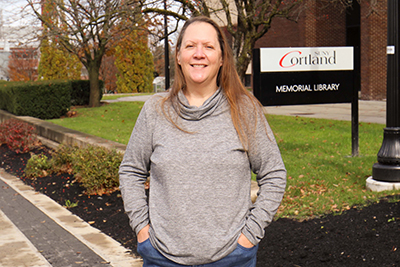
Tracy Frenyea
Academic Advisor and Coordinator, Graduate Student Support
Undergraduate degree: Psychology, SUNY Oswego
Advice for non-traditional students: “I know that non-traditional students have a lot of obligations and responsibilities outside of all their classes, textbooks, exams and projects. When I went back to graduate school at the age of 43, I found motivation in the Winston Churchill quote: ‘Never give up on something you can’t go a day without thinking about.’ In fact, it’s still tacked on my bulletin board above my desk 10 years later.”
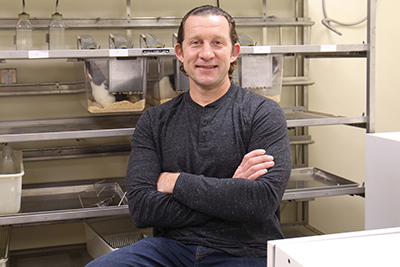
Joshua Peck ’07
Associate Professor, Psychology
Undergraduate degree: Psychology
Advice for non-traditional students: “You have unique life experiences and wisdom to bring to the classroom and campus as a whole. Traditional students will be enriched by you. So, don't be afraid to use it!”
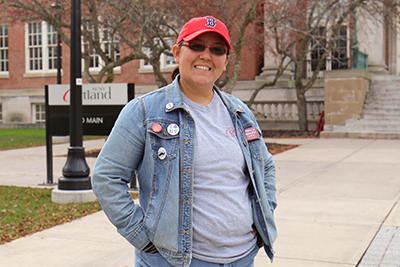
Amanda Sharpsteen ’17
Application Support Analyst
Undergraduate degree: Business Economics
Advice for non-traditional students: “Don’t be afraid to speak up in class. You may be older than some of the traditional students, but that means you have a unique perspective and set of experiences to bring to classroom discussions.”
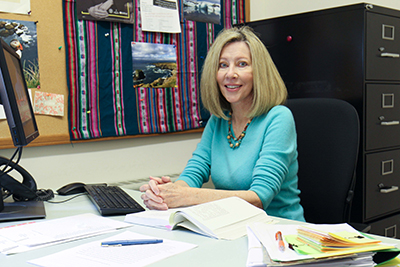
Denise Knight
Distinguished Teaching Professor Emerita of English
Undergraduate degree: English, University at Albany
Advice for non-traditional students: “My best advice to non-traditional students is to treat your education like it’s the most important job you will ever hold. The work ethic you establish in college will follow you for the rest of your life. When I entered college as a freshman at the age of 26, I created a schedule where I took classes three days a week. On the days I didn’t have classes I sat down with my books and studied from 8 a.m. until noon; took a half-hour lunch break, and resumed my studies from 12:30 to 4:30 p.m. I was proud to put myself through college and to graduate summa cum laude. The discipline I practiced paid off. Just five and a half years after I entered the university as a college freshman, I walked out with a doctorate in English. It wasn’t easy. It meant taking 18 to 21 credit hours every semester and attending classes each summer, but it was incredibly validating for a kid who attended a two-room schoolhouse in a village of fewer than 300 people and whose parents thought that ‘girls’ didn’t belong in college.”

